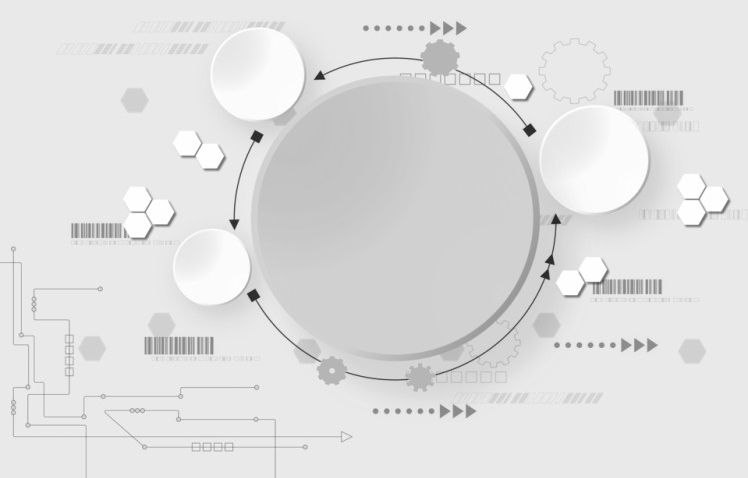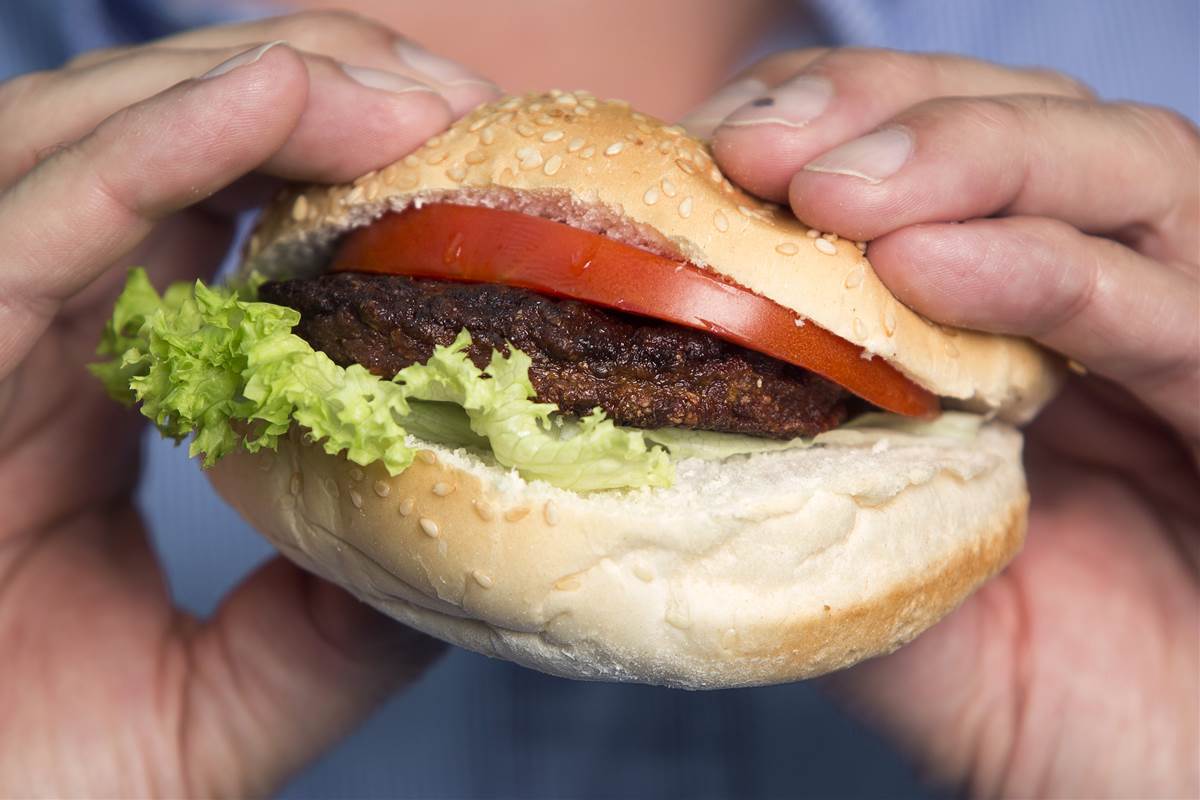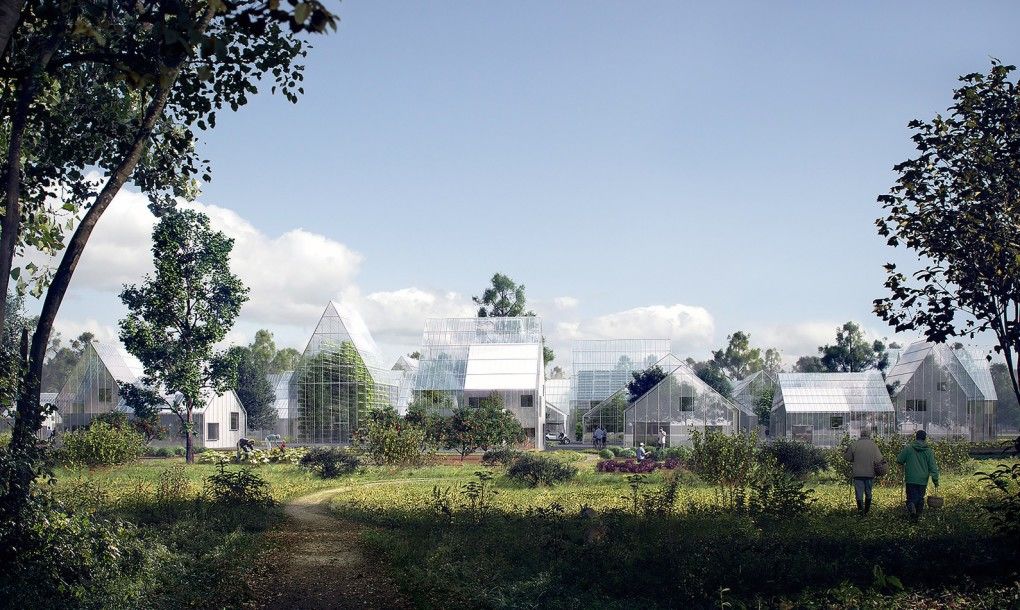Archive for the ‘food’ category: Page 288
Apr 10, 2017
What AI will look like in 2027. Hint: It’s all in your head
Posted by Alireza Mokri in categories: drones, food, robotics/AI
Pause for a second and look outside your window at a bird, a squirrel, or even an insect. These organisms all perform complex tasks that involve perceiving food and threats, navigating around trees, and following or hiding from other animals. There is not a robot or a drone on the planet that can do what these bugs and small animals can easily do.
Apr 8, 2017
Lab-grown meat may save a lot more than farm animals’ lives
Posted by Dan Kummer in categories: food, sustainability
Keeping up with the demand for meat worldwide could one day ruin the planet. But teams of scientists are hard at work growing animal-free burgers, chicken, turkey, and fish that are sustainable, healthy, and, some say, pretty delicious.
Apr 6, 2017
Living Off The Grid: This Utopian Village starts to produce its own food and energy in 2018
Posted by Klaus Baldauf in categories: energy, food, habitats, sustainability
Off-grid housing that actually works for families is hard to come by, but that’s what ReGen Villages is striving towards with their concept for new self-sustaining communities.
The startup real estate company has a dream to create regenerative communities that not only produce their own food but also generate their own power, meaning what’s usually only possible for rural areas with renewable energy sources would be a reality for people that want these luxuries while having close neighbors.
This idea is more than just a dream, however, as the development company has its sights on their first site in Almere, Netherlands with the goal of opening it in 2018.
Apr 6, 2017
If an AI Doesn’t Take Your Job, It Will Design Your Office
Posted by Shane Hinshaw in categories: food, information science, physics, robotics/AI, space
Arranging employees in an office is like creating a 13-dimensional matrix that triangulates human wants, corporate needs, and the cold hard laws of physics: Joe needs to be near Jane but Jane needs natural light, and Jim is sensitive to smells and can’t be near the kitchen but also needs to work with the product ideation and customer happiness team—oh, and Jane hates fans. Enter Autodesk’s Project Discover. Not only does the software apply the principles of generative design to a workspace, using algorithms to determine all possible paths to your #officegoals, but it was also the architect (so to speak) behind the firm’s newly opened space in Toronto.
That project, overseen by design firm The Living, first surveyed the 300 employees who would be moving in. What departments would you like to sit near? Are you a head-down worker or an interactive one? Project Discover generated 10,000 designs, exploring different combinations of high- and low-traffic areas, communal and private zones, and natural-light levels. Then it matched as many of the 300 workers as possible with their specific preferences, all while taking into account the constraints of the space itself. “Typically this kind of fine-resolution evaluation doesn’t make it into the design of an office space,” says Living founder David Benjamin. OK, humans—you got what you wanted. Now don’t screw it up.
Apr 5, 2017
Positively shaping development of artificial intelligence
Posted by Roman Mednitzer in categories: food, information science, robotics/AI
This wasn’t the first such event – the agricultural revolution had upended human lives 12,000 years earlier.
A growing number of experts believe that a third revolution will occur during the 21st century, through the invention of machines with intelligence which far surpasses our own. These range from Stephen Hawking to Stuart Russell, the author of the best-selling AI textbook, AI: A Modern Approach.
Rapid progress in machine learning has raised the prospect that algorithms will one day be able to do most or all of the mental tasks currently performed by humans. This could ultimately lead to machines that are much better at these tasks than humans.
Continue reading “Positively shaping development of artificial intelligence” »
Apr 3, 2017
From Home Aeroponic Gardens to Vertical Urban Farms
Posted by Montie Adkins in categories: employment, food, habitats, space travel, sustainability
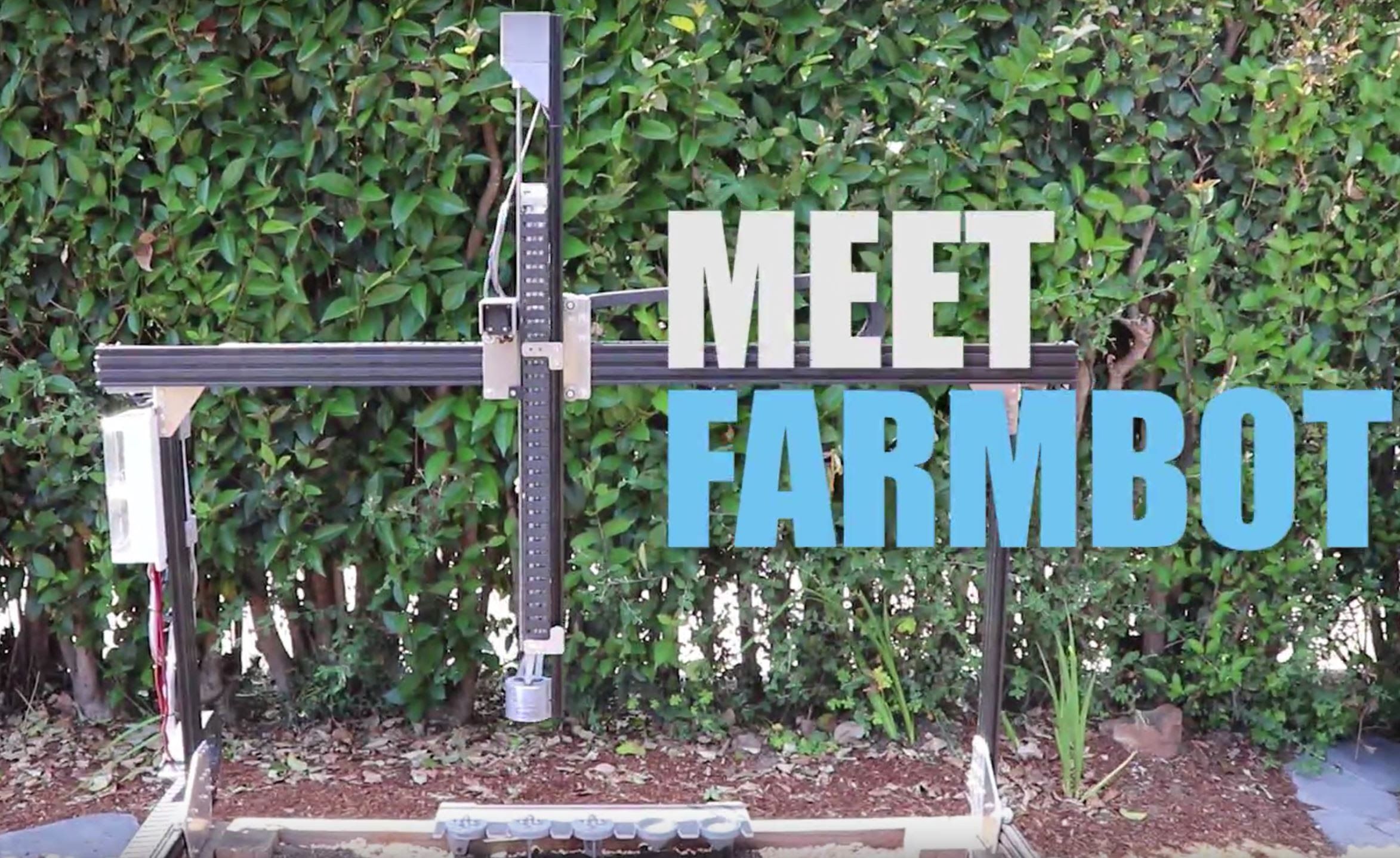
Sometimes people bring up overpopulation scenarios where the population can fit inside Texas. But they ask, what about all the stuff that supports that population? Here is one answer.
Located in an abandoned 70,000-square-foot factory in Newark, New Jersey, the world’s largest vertical farm aims to produce 2,000,000 pounds of food per year. This AeroFarms operation is also set up to use 95% less water than open fields, with yields 75 times higher per square foot. Their stacked, high-efficiency aeroponics system needs no sunlight, soil or pesticides. The farm’s proximity to New York City means lower transportation costs and fresher goods to a local market. It also means new jobs for a former industrial district.
Continue reading “From Home Aeroponic Gardens to Vertical Urban Farms” »
Apr 3, 2017
Climate change is causing PTSD, anxiety, and depression on a mass scale
Posted by Blair Erickson in categories: climatology, food, habitats, health, neuroscience, sustainability
Depression, anxiety, grief, despair, stress—even suicide: The damage of unfolding climate change isn’t only counted in water shortages and wildfires, it’s likely eroding mental health on a mass scale, too, reports the American Psychological Association, the preeminent organization of American mental health professionals.
Direct, acute experience with a changing climate—the trauma of losing a home or a loved one to a flood or hurricane, for example—can bring mental health consequences that are sudden and severe. After Hurricane Katrina, for example, suicide and suicidal ideation among residents of areas affected by the disaster more than doubled according to a paper led by Harvard Medical School, while one in six met the criteria for PTSD, according to a Columbia University-led paper. Elevated PTSD levels have also been found among people who live through wildfires and extreme storms, sometimes lasting several years.
But slower disasters like the “unrelenting day-by-day despair” of a prolonged drought, or more insidious changes like food shortages, rising sea levels, and the gradual loss of natural environments, will “cause some of the most resounding chronic psychological consequences,” the APA writes in its 69-page review of existing scientific literature, co-authored by Climate for Health and EcoAmerica, both environmental organizations. “Gradual, long-term changes in climate can also surface a number of different emotions, including fear, anger, feelings of powerlessness, or exhaustion.”
Continue reading “Climate change is causing PTSD, anxiety, and depression on a mass scale” »
Apr 3, 2017
Spam detection in the physical world
Posted by Alireza Mokri in categories: cybercrime/malcode, food, policy, robotics/AI
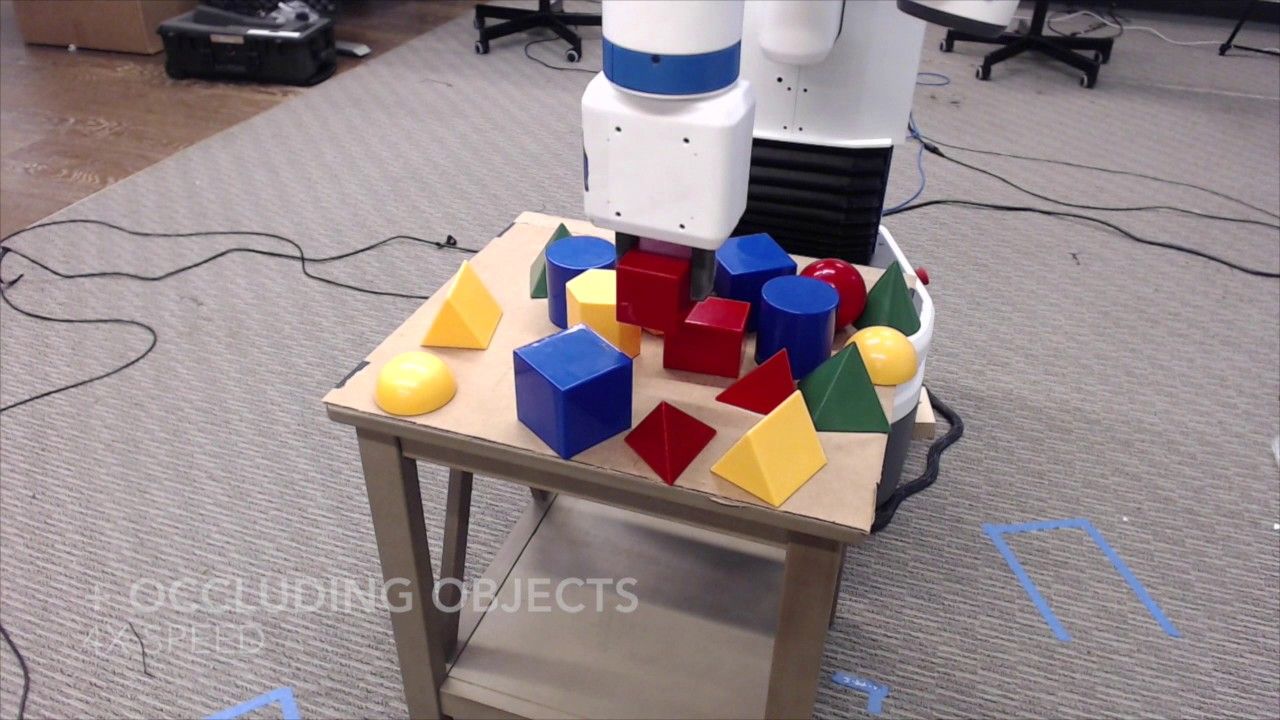
We’ve created the world’s first Spam-detecting AI trained entirely in simulation and deployed on a physical robot.
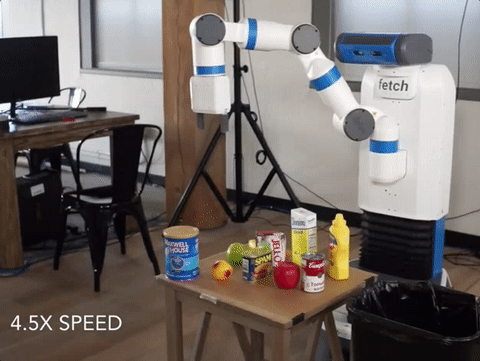
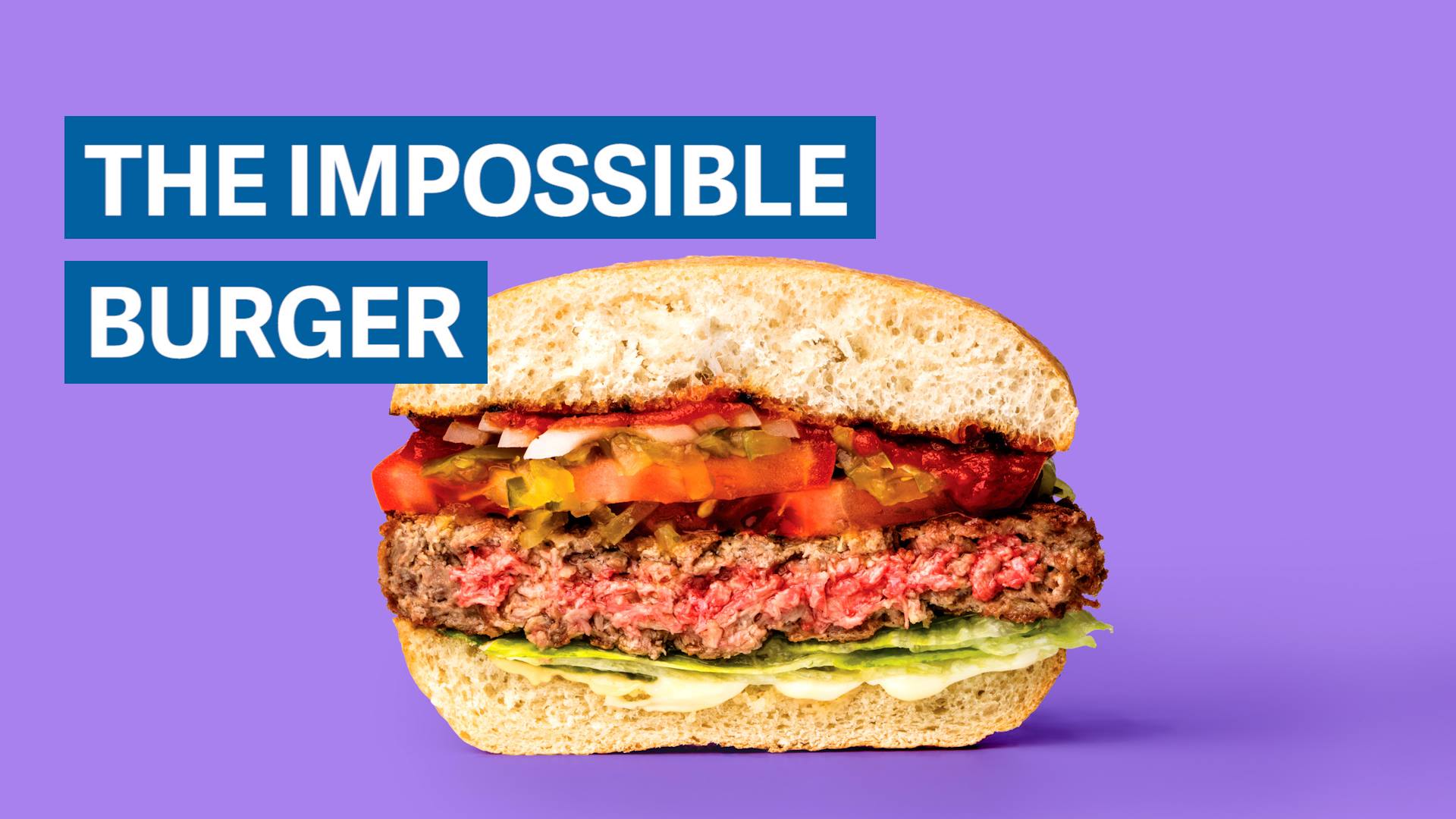
The neuroscience behind the Impossible Burger.
The Impossible Burger is meatless, but it tastes, smells, and bleeds like the real thing. The secret ingredient? Neuroscience.

